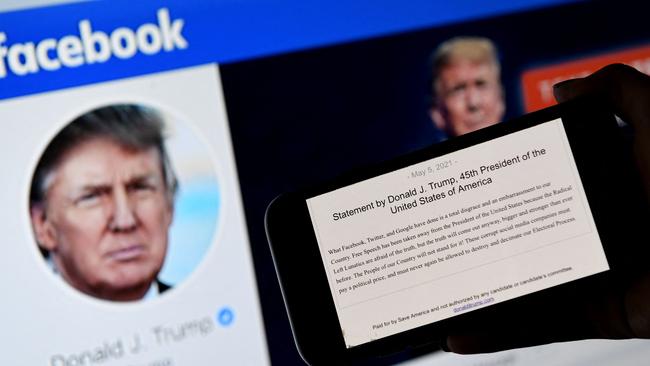
Though Mrs Thatcher had intended the measure to “deny terrorists the oxygen of publicity”, the language of the ban was narrowly drawn, forbidding the airing of the voices but not necessarily the words of those sanctioned.
Incensed at what they saw as an infringement on both press freedom and wider freedom of speech, broadcasters, led by the BBC, quickly came up with a solution that infuriated the government but was nonetheless deemed within the rules. And so for years television viewers were treated to the odd spectacle of images of Gerry Adams or other Sinn Fein leaders speaking while the words emanating from their mouths were dubbed by actors.
The ruse underscored the pointlessness of the ban and its arbitrary nature, and it was eventually dropped by John Major’s government six years later.
Whatever you thought of the government’s decision, it fell into familiar thorny territory for liberal democracies: what are acceptable limits on free speech? In the West we have grappled with the issue for centuries, through wars and other emergencies. But the parameters of that discussion have always been the same: governments, mindful of their larger responsibilities concerning public safety and national security, have sought to limit the expansive freedoms we generally believe people should have to say and publish whatever they want.
That’s why the decision this week by a supervisory board of Facebook to uphold the company’s ban on Donald Trump from its platform represents such an important and curious inversion of the relationship between the roles of the public and private sectors, with implications that go way beyond freedom of expression.
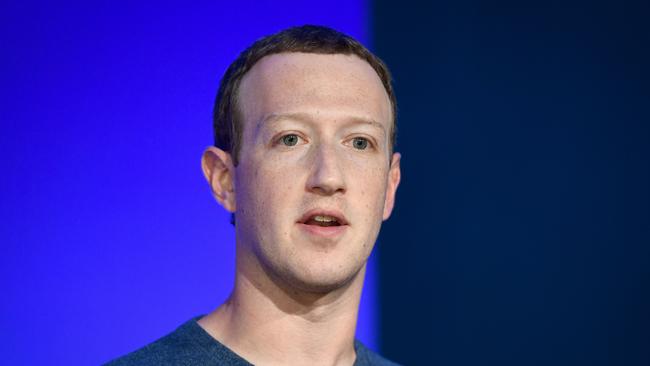
By batting back to Facebook the ultimate decision on whether to allow Trump to return to the platform, the board has exposed the increasingly untenable position of a single company as the arbiter of so much public discourse.
There are several ironic echoes of that Sinn Fein ban in the fight over Donald Trump’s speech. The very words used by Facebook might have been drawn from that 1988 ban. Trump’s infamous speech to followers before the January 6 incursion at the US Capitol got him removed from the platform. When he gave a recent interview to Lara Trump, his daughter-in-law, Facebook blocked it, saying that the “voice of Donald Trump” was banned.
If the family had had the wit to do what the broadcasters did in 1988 and have Mr Trump convey his answers to his daughter-in-law on paper for her to read out, it would have passed Facebook’s muster.
It’s a rich irony, too, that in 1988 it was members of the media who were most outraged by the Sinn Fein ban, none more so than that fierce defender of sacred facts and free comment, The Guardian newspaper.
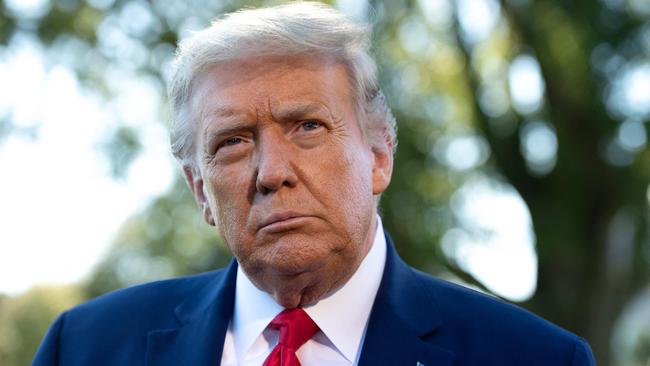
Today one of the members of the Facebook oversight board that upheld the company’s Trump ban is one Alan Rusbridger, who edited that newspaper for 20 years. We now know, of course, that The Guardian harboured at least one apologist for IRA terrorism under his editorship, so that might shed some light on what seems to be the view that people who defend the murder of innocent people should be allowed to have their voices heard but a president who incites his supporters should not.
Facebook’s defenders insist the difference is that private companies have always been free to amplify or mute voices they like or dislike, within certain laws against things like hate speech. If a privately owned newspaper in 1988 had decided it didn’t want to publish the words of Sinn Fein members, some people might have objected but no one would seriously suggest it should be compelled to do so.
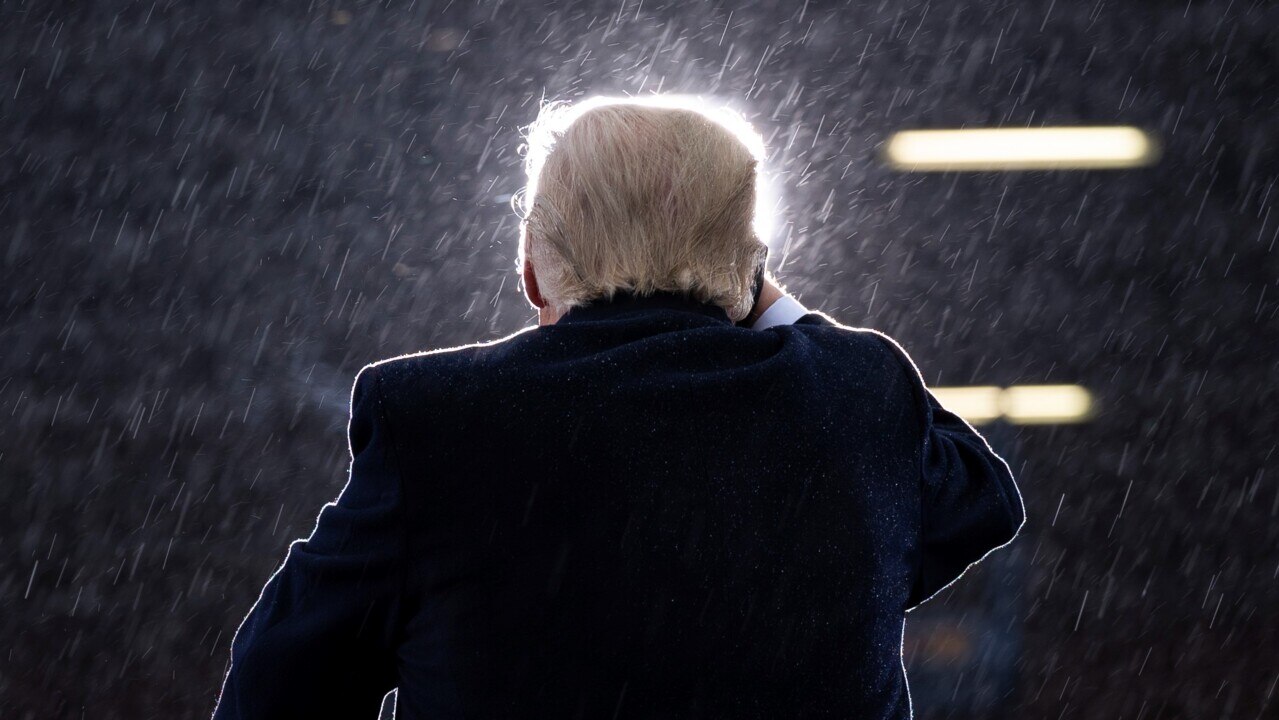
What’s more, its supporters say, Facebook may have banned Trump but it still plays host to millions of conservative voices, many of whose pages are among the most visited. But this overlooks the unique and unprecedented status of the technology companies.
It is not simply Facebook’s scale and reach that makes its decisions about its platform incomparable to those of any private company we have ever seen. Its access to and control of data have already blurred so much of the distinction between public and private. The same applies to Google and Amazon. These companies have intelligence and surveillance capabilities, combined with control of communication and information flows, that would only ever have been wielded by governments in the past.
It’s all this that has inverted the traditional roles of government and private sector in the Trump case.
You don’t have to approve of Trump to see and fear the consequences here. We have already seen recently in Australia how Facebook can use its unique status to resist government efforts to challenge its power. Don’t imagine that if Joe Biden were to decide that measures to constrain these companies were necessary that they wouldn’t similarly exploit their power to fight back.
When the actions of private companies start looking like and having the effects of the actions of government authorities, people of all political views should realise that the time has come to resist.
The Times


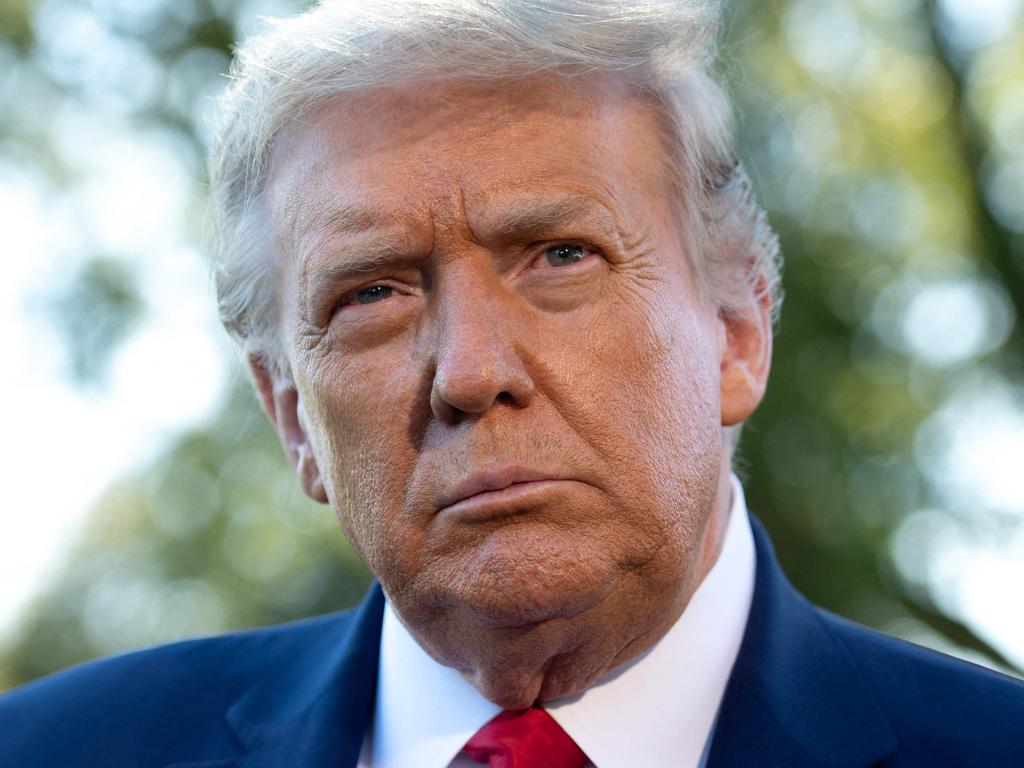
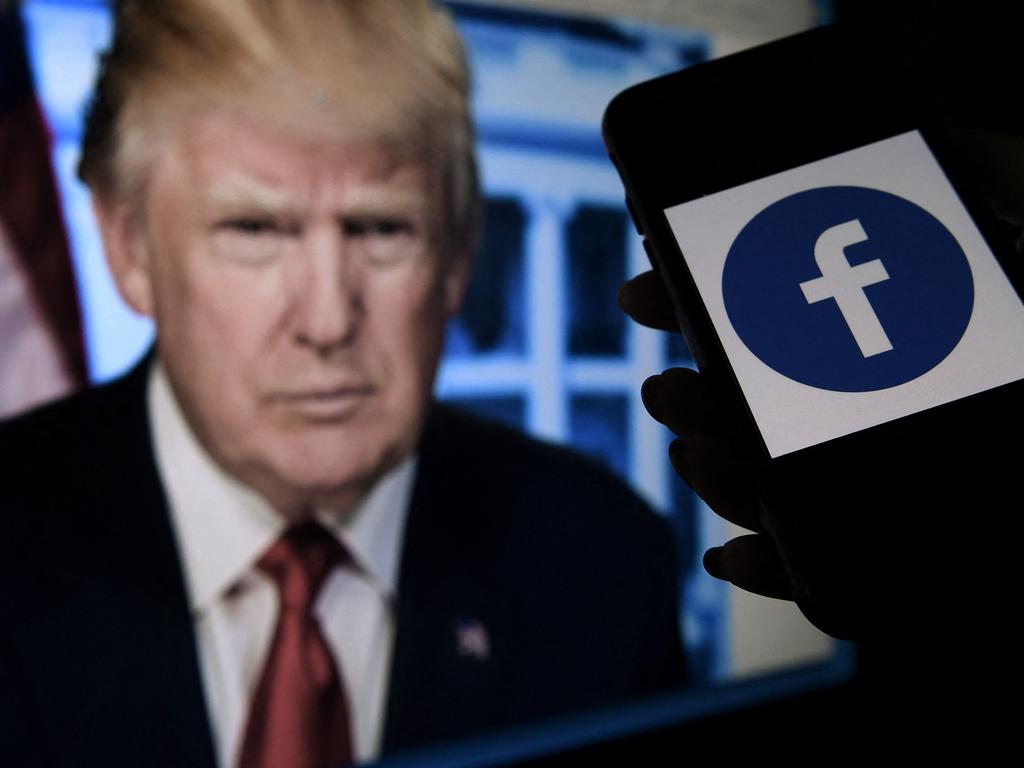

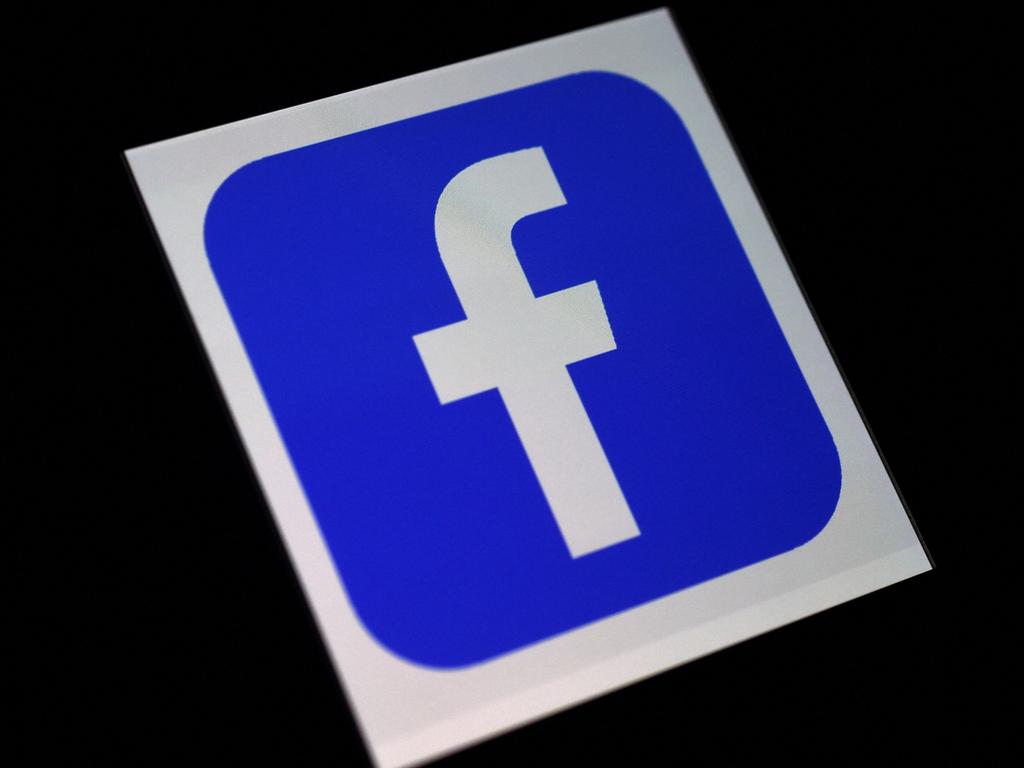


In 1988, after a succession of murderous IRA terrorist attacks, Margaret Thatcher’s Conservative government imposed a controversial broadcasting ban on representatives of Sinn Fein. The restriction, ordered without legislation by the home secretary under existing broadcasting laws, forbade the BBC and others from transmitting the voices of members of the IRA’s political arm, along with other proscribed organisations.